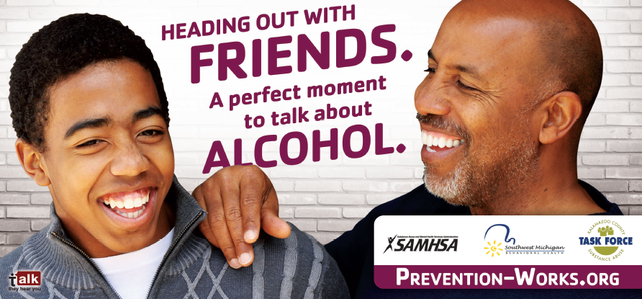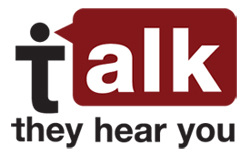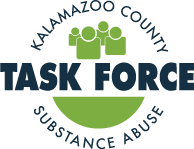What are the consequences of underage drinking?
Over the last several decades, scientific understanding and knowledge of the dangers of underage drinking have increased substantially. Underage drinking is associated with various negative consequences for children and can affect and endanger the lives of those around them.1
Children who drink alcohol are more likely to:
Use drugs
Frequent binge drinkers (nearly 1 million high school students nationwide) are more likely to engage in risky behaviors, including using other drugs such as marijuana and cocaine.2
Get bad grades
Children who use alcohol have higher rates of academic problems and poor school performance compared with nondrinkers.3
Suffer injury or death
In 2009, an estimated 1,844 homicides; 949,400 nonfatal violent crimes such as rape, robbery, and assault; and 1,811,300 property crimes, including burglary, larceny, and car theft were attributed to underage drinking.4
Engage in risky sexual activity
Young people who use alcohol are more likely to be sexually active at earlier ages, to have sexual intercourse more often, and to have unprotected sex.5, 6
Make bad decisions
Drinking lowers inhibitions and increases the chances that children will engage in risky behavior or do something that they will regret when they are sober.7, 8
Have health problems
Young people who drink are more likely to have health issues such as depression and anxiety disorders.9




